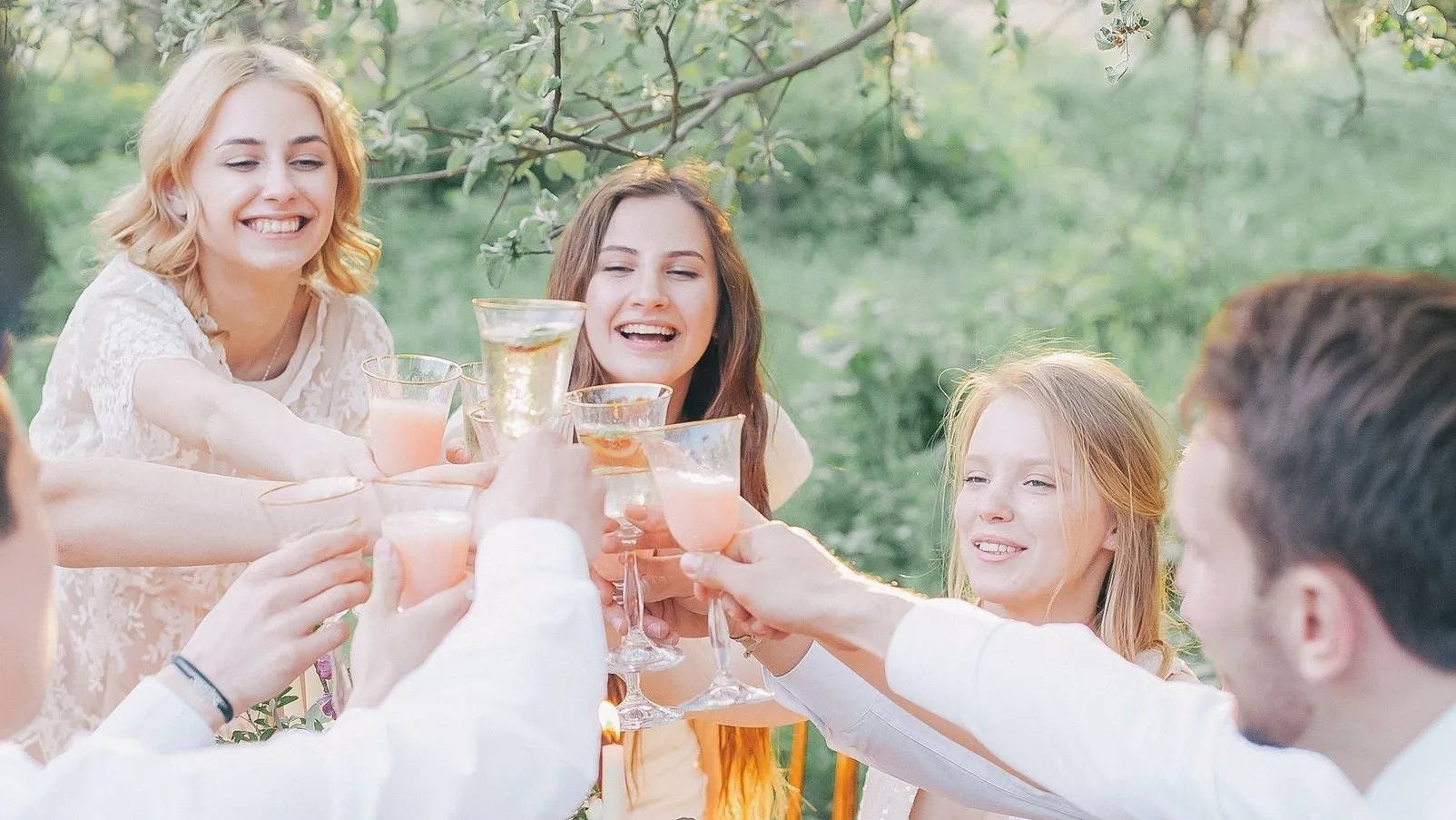We should be happy all the time. The happiness industry, with a turnover of millions, tells us that if we do this or don’t do that, we will become happy. We live in a world where individualism reigns and we are considered to be primarily responsible for our own happiness. Yet more and more young people are depressed or suffer from a burnout. And worldwide, suicide rates are still high with almost 17,000 persons in 2016 that took their own lives; that’s 47 people a day across the globe… Can gratitude help us?

What is gratitude?
Let me start by telling a bit about what gratitude is. Gratitude is a positive emotion that arises when we realize that we have received something that we needed. Someone saw that we lacked something and invested time, energy, or money to help us out. Only when we are genuinely aware of this help, do we experience gratitude. If we are not aware of it, we do not feel grateful and people call us ungrateful. Then why do people help others when they run the risk that their efforts are not appreciated? According to Darwin, people help others because they hope they will receive help themselves in the future if they need it.
Gratitude to God
People can give thanks to God, the universe, nature, the cosmos. In all religions and philosophies of the world, gratitude plays an important role. For my book, I interviewed two people who spoke very openly about their gratitude to God and what it has brought them. They showed me that people who believe in a God have an image of a leader, a caregiver or a protector. This God understands their shortcomings and will assist them in prosperity and adversity. People who do not believe in a God sometimes attribute these attributes to a supernatural world or spiritual beings. In both cases, people can be grateful for the support they experience from these higher powers.
Other emotions
Of course, we do not experience gratitude as the only emotion when we have received something. Gratitude goes together with other positive emotions such as joy, relief or satisfaction. But negative emotions also go together with gratitude. For example, we may feel indebted to the other person, so we want to give them something back. We prefer to give something different back in return to what we have had and use our creativity to achieve that. We will keep a close eye on whether the other person needs something, and we will return the favor as soon as the opportunity arises.
Glue
Let me summarize it: the benefactor hopes that help lies ahead, and the recipient wants to give something back to the benefactor in the future. This mutual expectation and intention create a bond between people. Gratitude is like glue in social relationships. The interesting part is that we don’t just want to give something back to the one person who did something for us. The feeling of gratitude also means that we want to mean something to other people. As someone in my book puts it so nicely: “gratitude activates”. In this way there is a connection between many people around us.
It is now clear that gratitude creates an invisible bond between people. Other people are incredibly important to us, for example when we are sick, experiencing stress, or feeling lonely. Attention and help from friends and family contributes to our happiness. We feel seen, supported, loved and appreciated. In my book, many people say that their gratitude has strengthened the bond with the loved ones who have supported them in a dark period in their life. One man had a clear message for the reader: “Dare to be grateful and keep an eye on the people around you.”
How to practice gratitude
How can we do that? Being aware of gratitude can be done with the help of a gratitude journal. Make a list of three to five things every day where you were thankful for. Look for positive experiences and the help of others that day. Do this all days but especially on the days when things didn’t go so well; bad things happen, and negative emotions are part of that. Gratitude can help to keep an overview by also looking at positive things in the whole ordeal or you can draw lessons from the unpleasant event for the future.
Sometimes people feel negative about gratitude because they always had to be thankful because of their faith. I can imagine that it is difficult to be thankful in that case. My advice to them is to not use the word “gratitude” but the word “happy”. Not: “I am grateful for my mother’s cooking skills”, but “I am happy that my mother cooks for me every day”. The burdened word disappears, but attention is still paid to people who helped and things that went well that day.
Gratitude makes us happier
Can gratitude help us to be happier? I certainly think that gratitude can contribute to our happiness. It does not do this directly, but indirectly: thanks to gratitude we feel more connected to the people around us. Don’t wait for help but feel free to ask because people really want to help others. In this way we can initiate this mutual gratitude ourselves with all people around us and that will ultimately make us happier, because we are only happy together.
(This blog post was published before on the Dutch website www.degrotevragen.nl)
